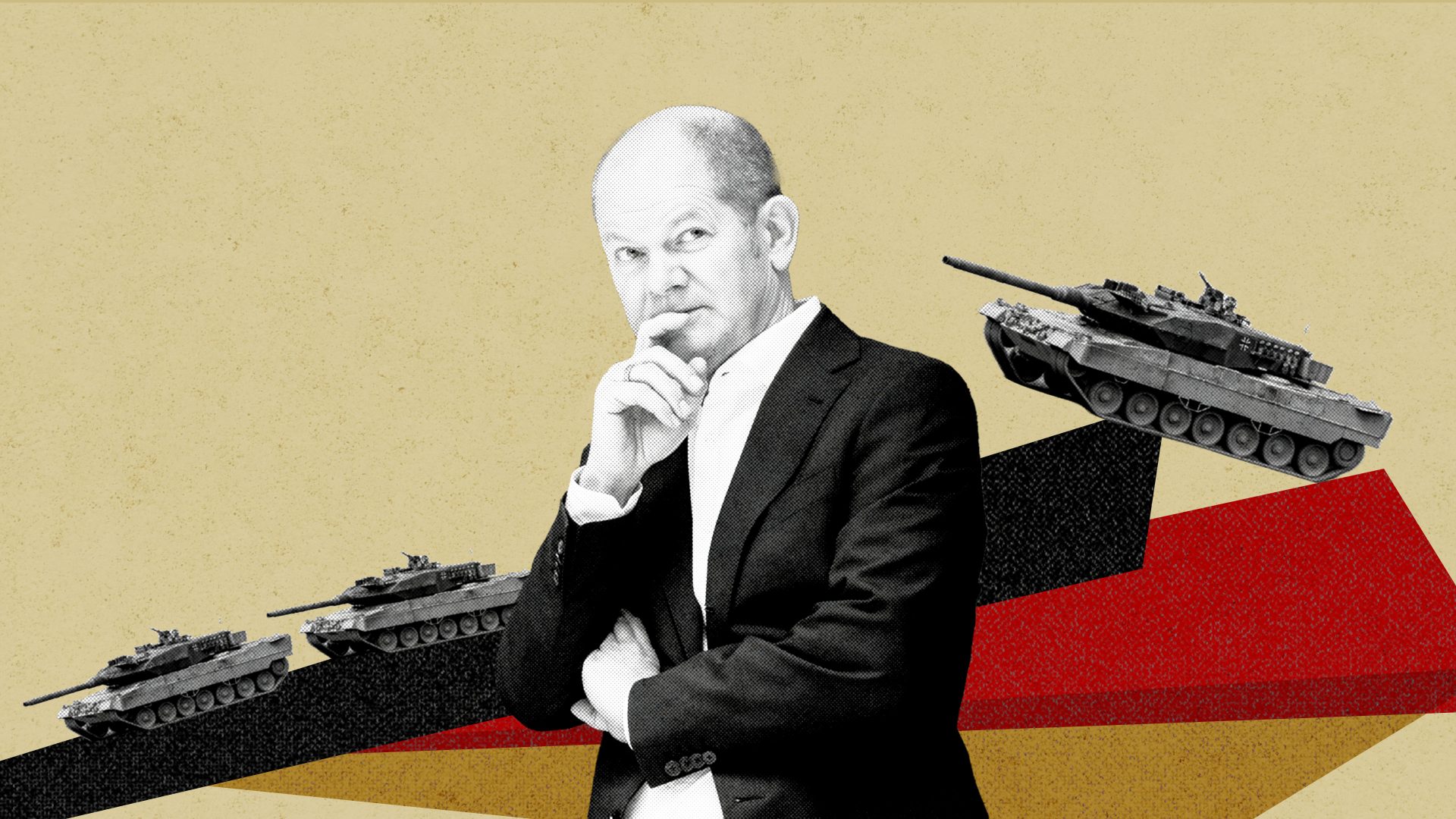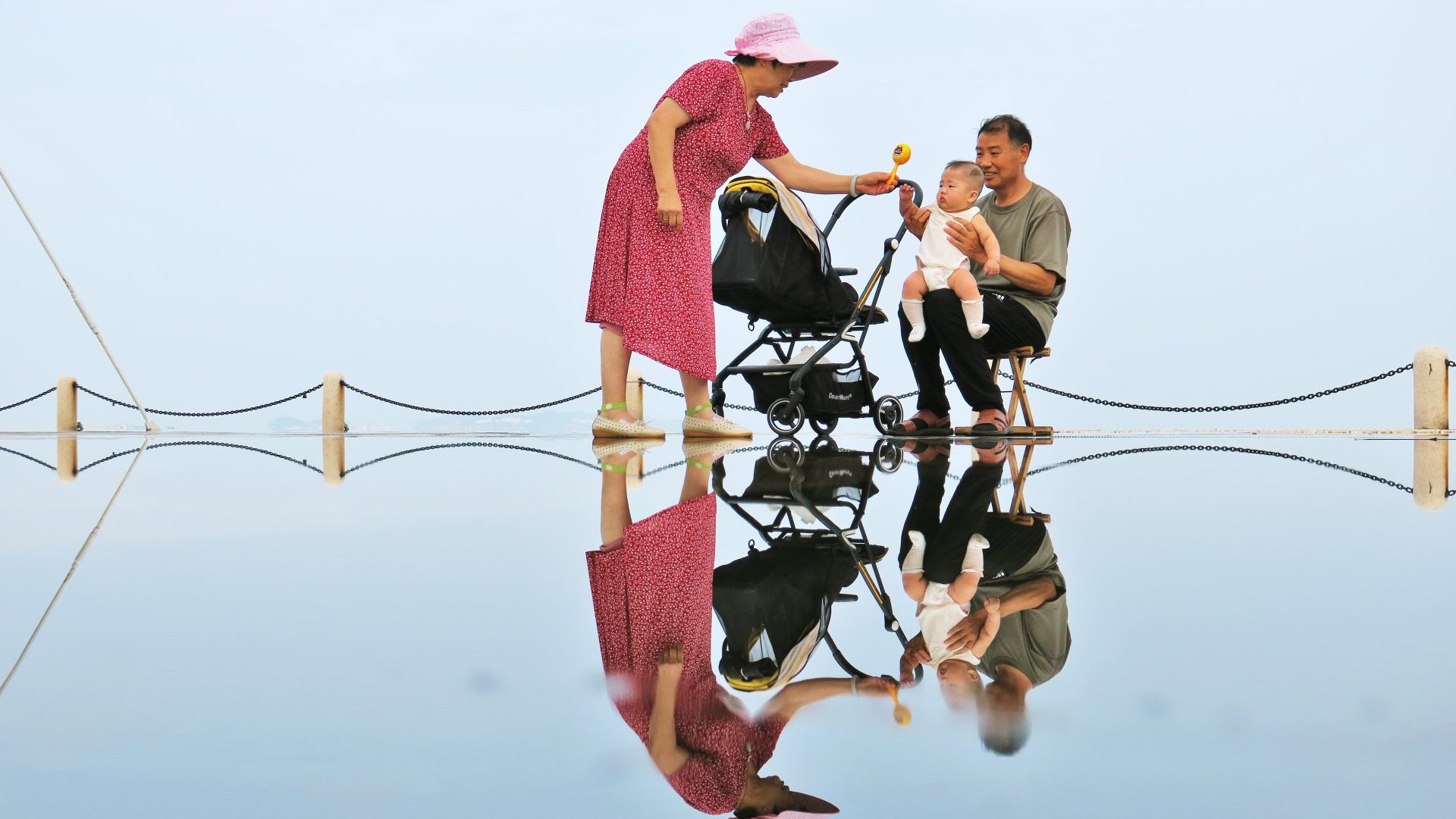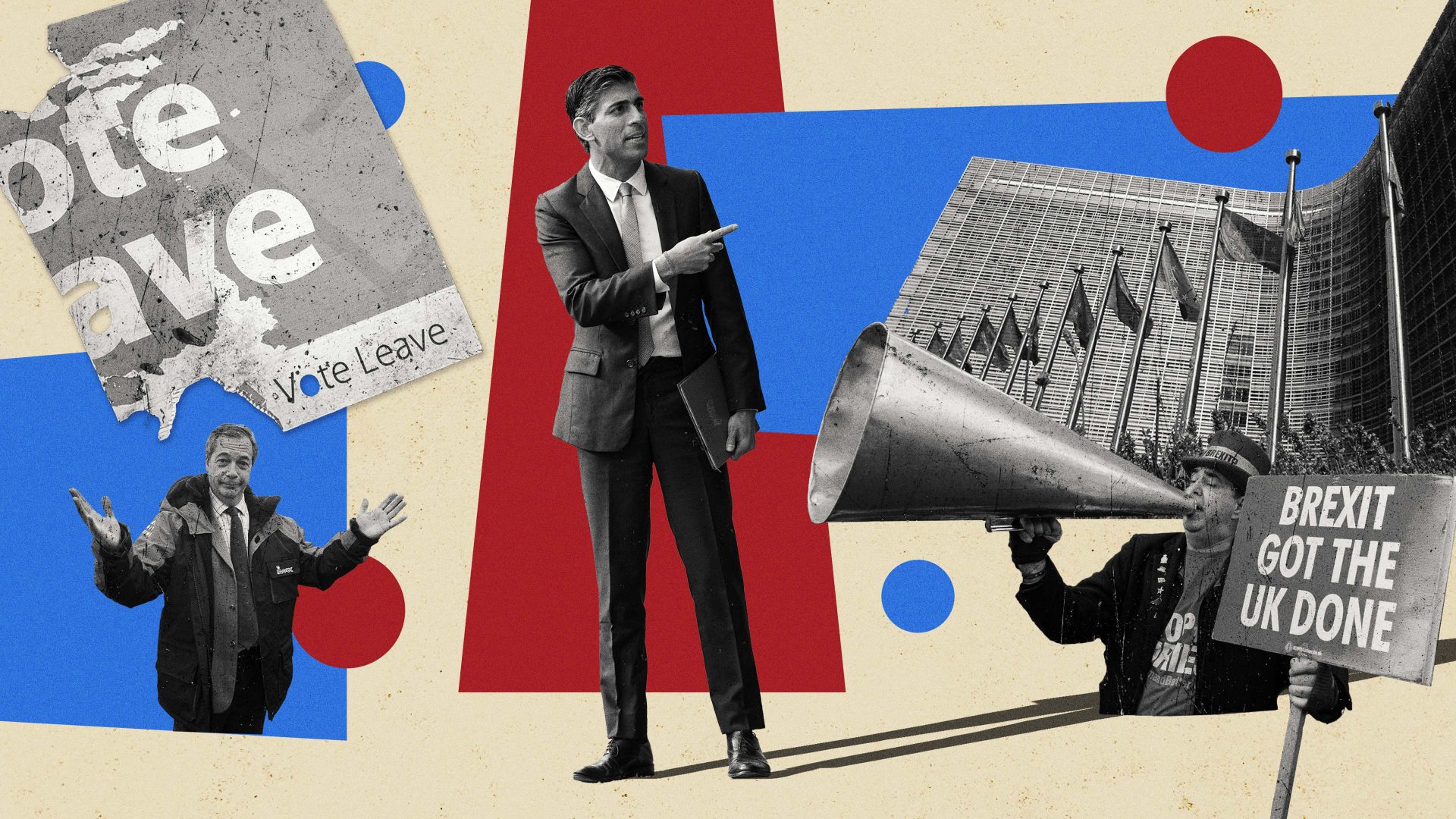The most talked-about German zoo is an unlikely one. It’s run by the military.
The Bundeswehr owns cheetahs, weasels, pumas, beavers, martens: military vehicles, bearing animal names.
Originally, German tanks were known as PzKpfw I, II, III and IV (Panzerkampfwagen, tank battle vehicle). In 1942, however, the Nazis – well-versed in symbolism – decided on predators’ names: Panther and Tiger had more of a ring to them than PzKpfw V and VI.
This tradition was revived in 1965: the home-made Leopard, a main battle tank, became the pride of the still-young Bundeswehr.
I remember my boredom, back in the 1990s, listening to the tales of fellow students fresh from their military service. They couldn’t operate a washing machine but wallowed in adventures with the Luchs Spähpanzer (Lynx scout tank) or the Wolf (military SUV by Mercedes-Benz).
Unsurprisingly I haven’t become an expert in armoured vehicles. But everyone knows Panzer-ing is a German forte: in European countries alone, 2,000-plus Leopard 2 tanks are in use.
We sell them to friends. And to, er, Qatar. We also turn a blind eye to Turkey using the “Leo Zwei” against the Kurds.
We fail, however, at supplying the one European country that needs them most: Ukraine.
Academic and military experts across Europe make a very convincing case, saying the country needs main battle tanks to face the 200,000 mobilised Russian reserves and, come spring, to counter Vladimir Putin’s expected offensive.
But last week’s Ramstein summit, while providing new aid for Ukraine, failed to bring about a tank deal: Germany won’t let go of Leo.
What is worse, we don’t even allow countries such as Poland to move their own Leo tanks to Ukraine.
I’m afraid it’s because the German chancellor thinks he’s the smartest guy in the (war-)room.
The British historian Timothy Garton Ash, a Germanophile through and through, has created a term for it: “Scholzing”, a verb he explains to mean “communicating good intentions, only to use/find/invent any reason imaginable to delay these and/or prevent them from happening”.
Observers can only speculate as to why Olaf Scholz is foot-dragging. Again. He has done so many times since Russia started this war, fiercely defending his indecision, only to give in eventually.
Germany by now is one of the largest backers of Ukraine, coming third only to the US and the UK. The latest commitment brings the value of German support to €3.3bn (£2.9bn).
Still, Scholz causes damage.
To Germany’s reputation as a reliable actor in security matters. To Europe, which now looks divided.
And to Ukraine, whose people don’t have the time Scholz is taking for a decision he could – and should – have already made within the last 11 months.
Olaf Scholz and his supporters glorify this hesitancy as an act of reason and responsibility, when in truth it is aimed at his party’s anti-military, pro-Russian and anti-American clientele.
He needs the backing of the social democrats’ leftist wing, whose influential parliamentary group chairman has praised Scholz’s policy because it “prevents a new cold war” (no pun intended).
There’s also praise from abroad: Russia’s propaganda channels have started to celebrate the chancellor as an antagonist to the “warmongering UK” (which plans to send a squadron of 14 Challenger 2 tanks).
Scholz must see the inconsistency in his demand for US tanks to be delivered to Ukraine as a precondition for the Leopard 2, only to call for “European sovereignty” two days later.
He must realise no one buys his mantra-like incantation “Germany must not go solo” (“keine Alleingänge”) while he snubs Poland, the UK and the Baltic states in their attempts to secure a commitment to joint action.
He must be aware that the divided public opinion he likes to point to (polls show 46% of Germans in favour of Leo supplies for Ukraine, 43% against) is partly his own doing, after he has fuelled popular angst about a nuclear war for months.
Surely he knows that, while sending 19 40-year-old Leopard 2 tanks – the number Germany could apparently spare – would not win the war for Ukraine, not sending them would cause irreparable damage – and not only to Ukraine.
And yet, while I write this, chancellor Scholz is still pondering. Hopefully, by the time you read it, the Leo will be free to go East.




